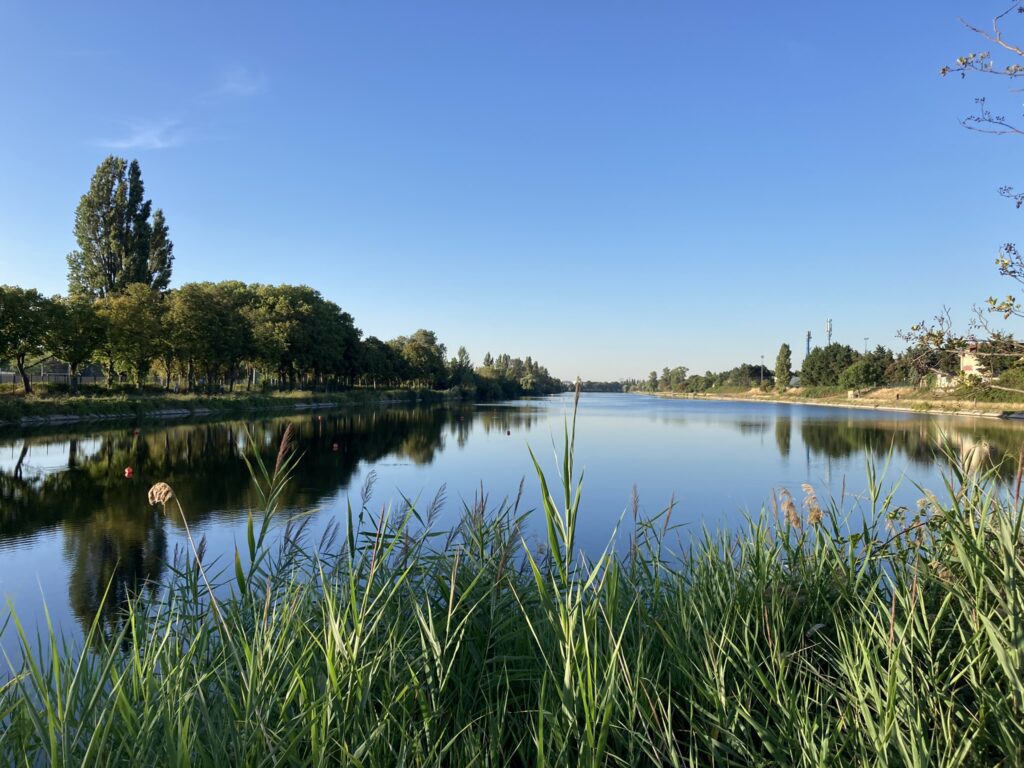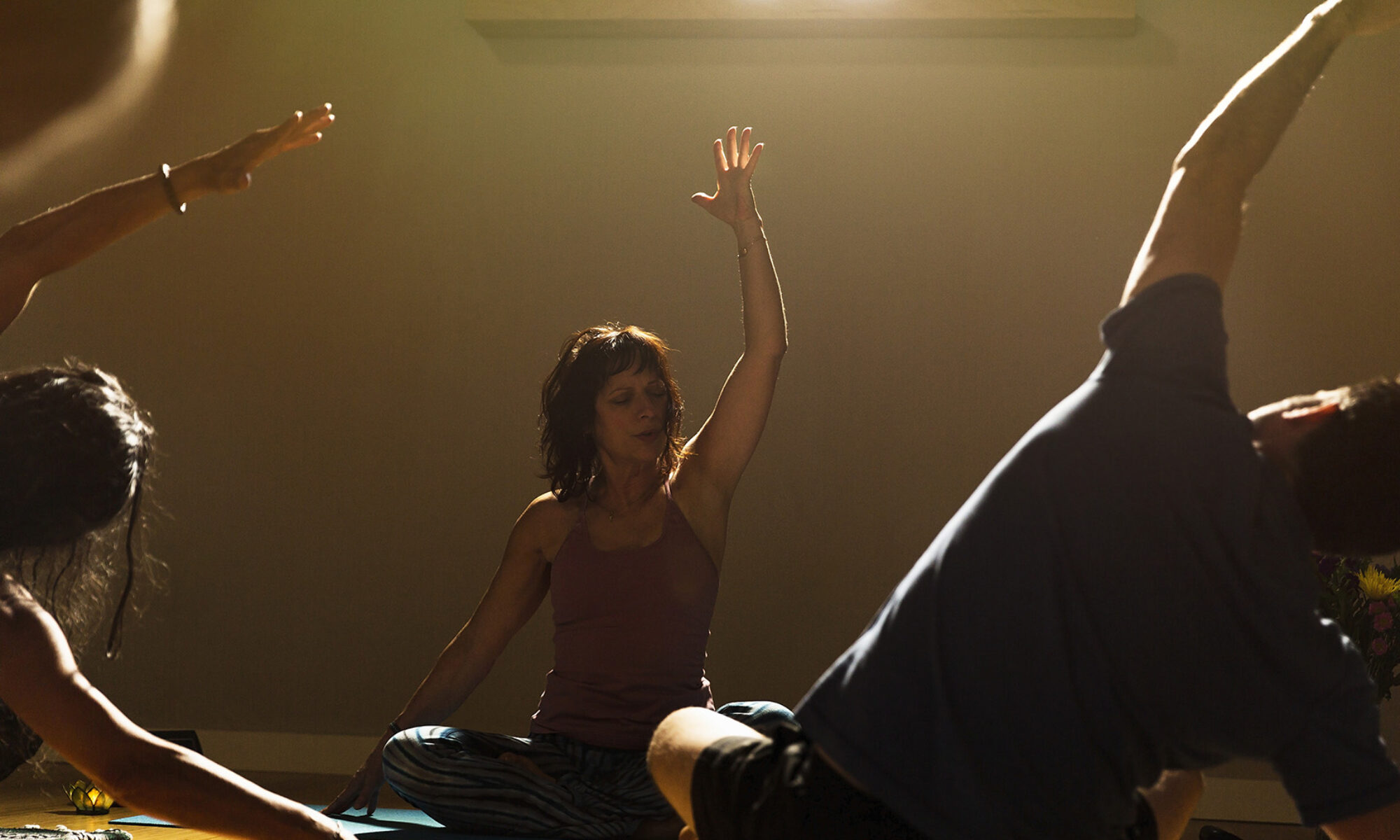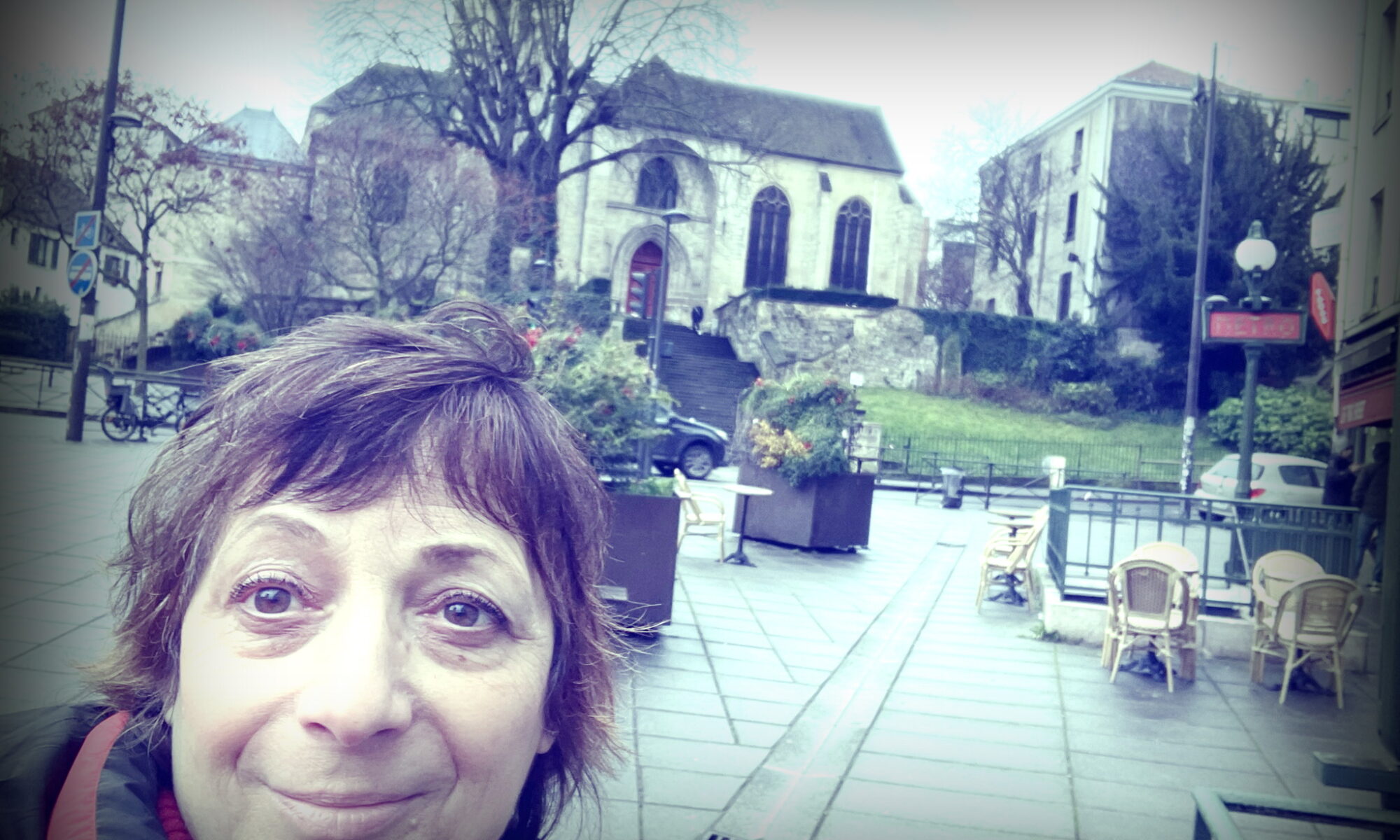I’m a multiple cancer survivor. Conventional oncology takes care of my body and cells. Yet, it needs a push. So, I’ve practiced yoga therapy as a complement. To live fully, not just survive.
Yoga was a revelation. I started practicing soon after I was diagnosed with early-stage breast cancer for the first time twenty years ago. Something changed deep inside me during my first class: I felt connected to my body. A life-long fatigue arose. I had no clue I was so exhausted. In just one class, yoga had helped me become aware how much I’d pushed through, answering everyone else’s needs. Yoga made me feel instead of think.
Don’t get me wrong, I’m grateful for the conventional oncology care I’ve been lucky to receive since 2004. It can do miracles thanks to scientific research. Yet, oncology addresses exclusively the physical body while sadly ignoring other aspects of the human experience, whether emotional, mental and spiritual.
That’s why yoga therapy’s been a savior for me. To the extent I’ve become a yoga therapist.
I was fractured
I also vividly remember the summer of 2022 when I received the diagnosis of metastatic breast cancer while vacationing in Paris. Living in Atlanta wasn’t an option anymore. In a week, I decided to let go of the life I’d built in the U.S. for years and call Paris home again. I started my conventional cancer treatment. Everything was coming into place. Except, I felt fractured. How long did I have left? Where did I belong? In Paris, my birthplace? Or in Atlanta where I’d found my true self? Could I be a legitimate yoga therapist while living with this serious disease? I could physically feel the fear and, even more so, confusion and uprooting.
The urgency was therefore to experience groundedness again. The answer? Yoga as always. Day after day, I practiced outdoors, in a Paris suburbia nature park, so I could literally feel and smell this land which was both familiar and new to me then. At the end of each practice, I laid down on the grass (corpse pose), taking in the sun and earth’s energy. Day after day, I felt more grounded, stronger, more stable.
The body and the mind are inextricably bound together
The point of my yoga routine was also to sustain my conventional oncology treatment. This kind of combination is called integrative oncology—when conventional medicine is mixed with complementary therapies. So far, it’s worked.
Seven months after the beginning of my treatment, a PET-scan showed the metastasis in the liver and the right pectoral muscle had disappeared. The following PET-scan’s results, eight months later, were also astonishing. The remaining metastasis, on bones, had reduced by 36%.
So, how does a practice like therapeutic yoga work? What does science say about this ancient meditative mind body practice?

the green paradise where I practiced therapeutic yoga in the summer and fall of 2022.
First, yogis have been saying for thousands of years the body and mind are inextricably bound together. Second, breath is the key to the interweaving of body and mind. It’s a core element of yoga practice and explains its effectiveness.
Yoga practice is made up of both slow and fast breathing exercises in coordination with the movements of your limbs. When you breathe in a fast way, body stores of carbon dioxide lower without significantly increasing oxygen stores. The phenomenon can result in dizziness, headaches, light-headedness among others. That’s why it must be done right. It also impacts mood. A fast-breathing exercise such as Breath of Fire (Bhastrika) create a feeling of exhilaration.
Yoga breathing affects a person’s mood
On the other hand, when you breathe slowly the repercussions for mood are radically different. The slow-breathing exercise Ujjayi for example, makes a person breathe about ten times slower than a resting adult. This time, slow breathing raises carbon dioxide levels in the bloodstream. The phenomenon brings a person to experience a deep relaxation, calm alertness, and raw awareness. In short, yoga breathing affects a person’s mood. Fast breathing styles tend to excite and slow ones to calm.
Enjoying an increased sense of well-being. Becoming absorbed in the moment. Experiencing life through how I feel and not only through how I think. In conjunction with conventional oncology care, these things can make a difference to help save a life.
Source: The Science of Yoga (2012) by William J. Broad.
Yoga therapy is not intended to substitute for the medical expertise and advice of your health care provider(s). I encourage you to discuss any decisions about treatment or care with your health care provider.


Fantastic writing! Love you XO – Missy
Thanks so much, Missy!! Big hugs!!